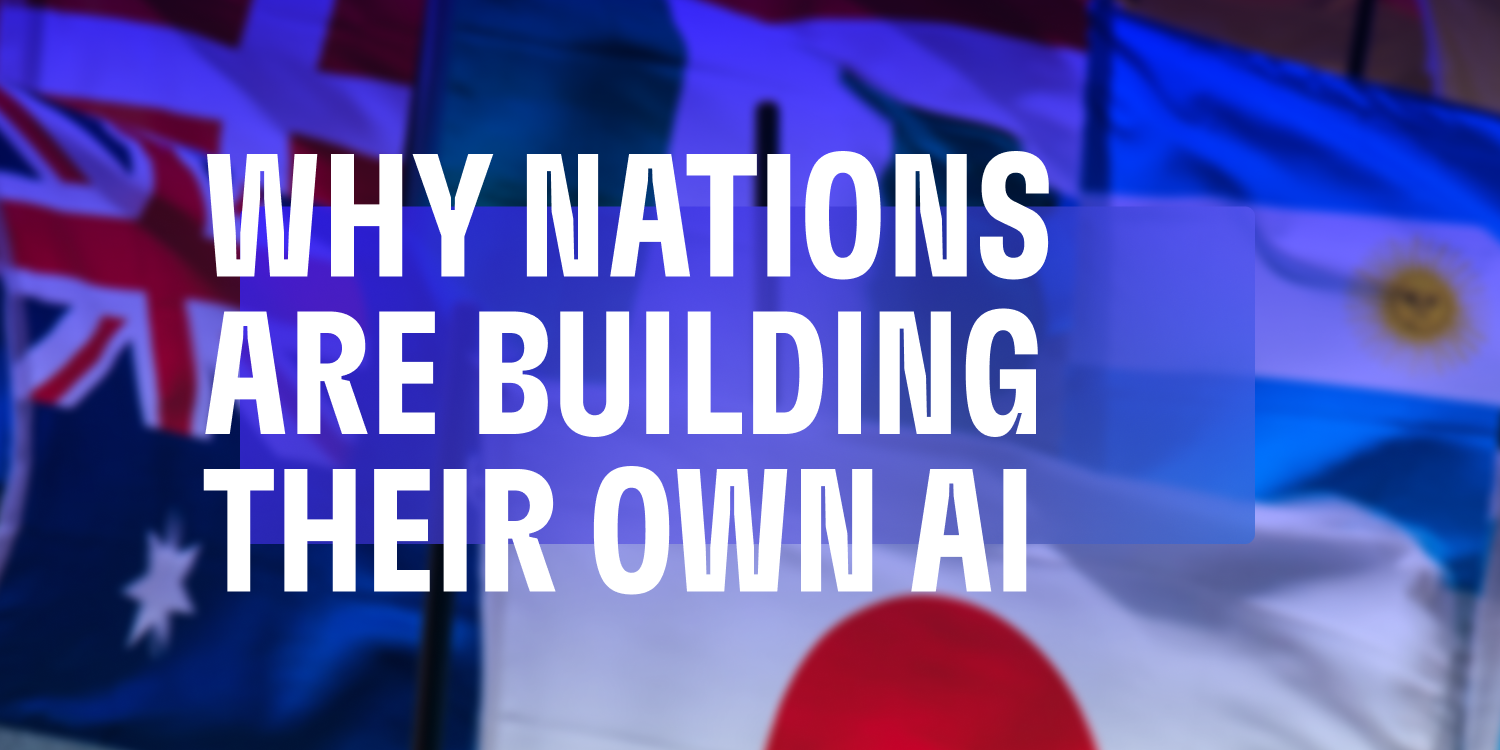
Just How Creative is AI
Researchers have demonstrated that AI can outperform adults on divergent thinking tests. But does that actually mean it's creative?
This is some text inside of a div block with Cleo CTA
CTASigning up takes 2 minutes. Scan this QR code to send the app to your phone.

A few weeks ago Cleo's Founder, Barney, sat down with 11:FS to chat about AI and why the future of finance is a digital assistant.
.png)
Recently, Cleo’s founder Barney Hussy-Yeo sat down with David Braer from 11:FS to talk about how AI can be used to improve financial wellbeing. (Big thanks for that one too, David)
The interview covers a lot of ground, including why we think there’s a need for an AI like Cleo, Barney’s journey to starting a financial assistant, and why we think AIs are the next evolution from neobanks.
If you’ve got 30 minutes or so, we recommend checking out the full interview, but here's some of the highlights.
Barney: We started the business six years ago. We're trying to build a powerful financial assistant for a billion people. So we kind of believe that you've had the PC revolution, you've had the internet revolution, you've had the mobile revolution and the AI revolution is the clear thing that is happening next in financial services.
We believe that there will be these kind of really, really powerful agents that work on your behalf in the most important domains, in your life, whether that's health, wealth, fitness, money, and we think that in financial services, It's probably the area you have the most impact on humanity and the most impact on society.
There's a huge amount of neobanks globally, like 500 or so, and they all do a very similar thing. They provide a better banking experience and a prettier card. They are better banks essentially. But we are not doing anything like that.
Yes, we have our own card, we have our own financial products, but that's the boring bit of the business. The thing that we're trying to do is build an AI. We're trying to change people's behavior…we care about that emotional and behavioral relationship with consumers.
We want a radically different brand, a radically different product.
If you sort of lay out that evolution of man in a banking sense, it's starts with bank tellers or bank manager providing you with services to what we have now. Which is that you’re just able to do it on your own: self-service.I love to death what Monzo and Staling and Revolut, but it's just a better self-service.
Most people in the world aren’t looking for a faster onboarding process or a better way to check their bank account. They actually want somebody to help them. That’s what we’re doing.
I think there’s 2 parts to this question. 50 years ago you had a bank manager you trusted. That's the person you get advice from. They would tell you the right products. You really had a relationship with them. Fast forward today, you have a call center. You don't have a relationship with your bank and you get no advice, no service from them. So on one hand, we can bring that relationship and trust back.
Secondly, in terms of the users we talk too and what we've learned, I won't do the whole story, but making it simple and fun has been so important to the user experience. Most normal people do not care about banking and they don't want to think about their money.
So making it really engaging, making it really fun is key. People want to engage with Cleo.. And when you look at our website or you look at our products, people are a bit like, whoa. But we are targeting a really young audience. We're trying to meet people when they're working their first or second job, either during school or just after and growing with them over time.
So making money simple and fun is a real kind of superpower of Cleo's, and it's something that I don't think anyone else is doing.
If I’m really honest, I was just incredibly lucky. I studied computer science. I got really into machine learning in my undergrads and I went and did a masters degree in machine learning. I was really passionate about it and decided to dedicate the rest of my life to it.
So I went all in on that. I became a data scientist in a fintech company called Wonga. It had great people, but the thing I learned, the thing that really drives Cleo today, is just how many people need help with their financial health.
If you looked at the Wonga base of customers, it was the same story again and again where they'd been pushed a huge amount of credit by retail banks, but then given no help.
No one was helping people make better decisions for their money. No one was trying to improve people's financial health. And if I could make a small difference in that trajectory, when you're a 20 to 30 year old and helping you spend less on credit cards, helping you make better decisions, that would have compound a really big impact.
**
Big thanks again to David and the 11:FS team for featuring us. Head on over to their YouTube channel for the rest of the interview which covers:

Researchers have demonstrated that AI can outperform adults on divergent thinking tests. But does that actually mean it's creative?

At the World Government Summit in Dubai, Jensen Huang, the CEO of Nvidia remarked that every country would want to build their own soverign AI system. Here's a quick look as to why that might be the case and which countries are already building their own AI models.

Learn how to increase your savings... for free 💅

